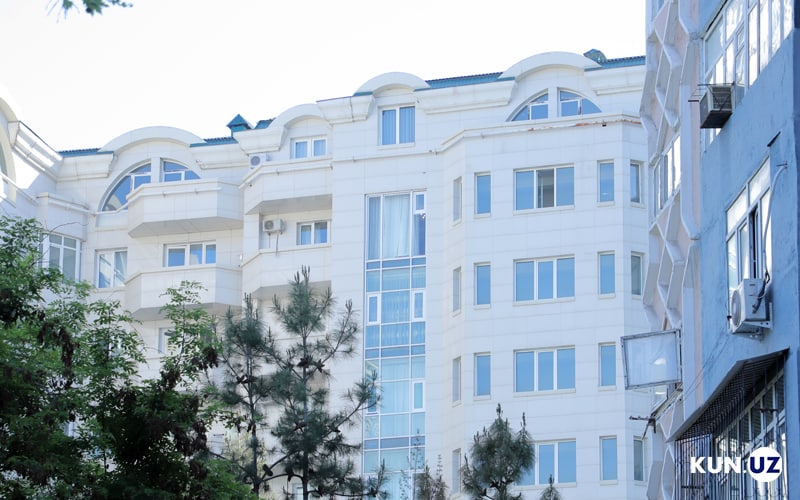The number of sales contracts in the real estate market in Tashkent in July 2022 was about 49 thousand (this means 27% of the contracts concluded in the Republic) and almost did not change compared to the corresponding period of the previous year (48.3 thousand).
According to the results of the analysis, in July 2022, the prices of old houses in the city of Tashkent increased by an average of 12% compared to the corresponding period of 2021, and new houses by 8.3%. It should be mentioned here that since May of this year, prices have been falling both in the primary market (from $943.6 in May to $919.9 in July) and in the secondary market (from $891.1 to $882.6 per 1 sq.m).
House prices in Mirabad, Yakkasaray, Shaykhantakhur, Mirzo-Ulugbek, Chilanzar and Yunusabad districts are higher than the average price for Tashkent city (new houses - $957.2 per 1 sq.m, old houses - $888.3). The lowest prices were observed in Bektemir and Sergeli districts.
The results of the analysis show that during the 6 months of this year, the mortgage loans allocated to the population within the framework of state programs greatly contributed to the preservation of activity in the housing market.
While the demand for housing in the Tashkent real estate market has remained almost unchanged, the increase in prices can be explained by the expectations of construction companies and property owners regarding inflation and the exchange rate of the soum.
A serious increase in housing prices was also observed in other countries. For example, house prices in Great Britain rose by 10.7% year-on-year in June this year, and annual inflation reached 9.4% this month. This indicates that prices in the real estate market react quickly to inflation expectations.
According to the Global House Price Index, housing prices in 56 countries around the world increased by an average of 10.2% in the first quarter of 2022, despite high inflation and rising mortgage interest rates limiting people’s ability to purchase housing. The increase in prices may be due to the redirection of money flows to the real estate market as a result of global changes.






